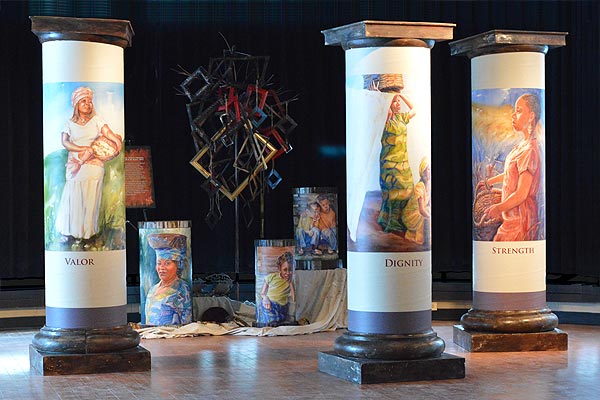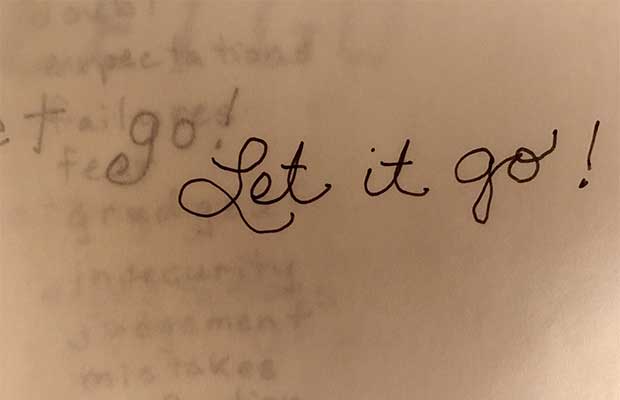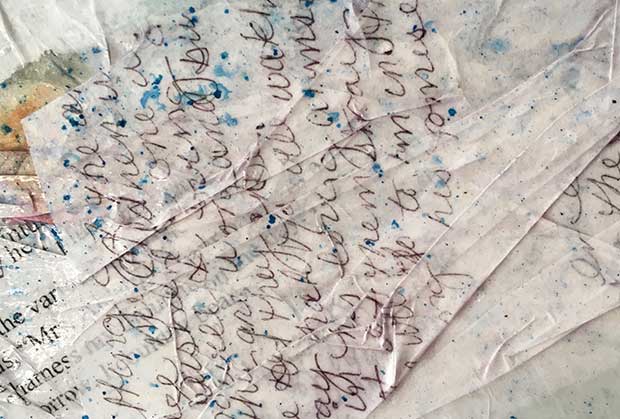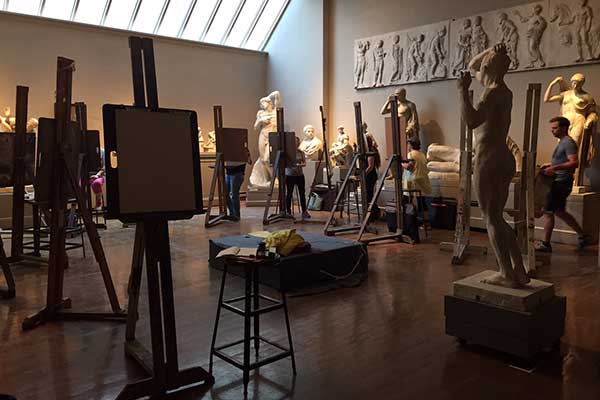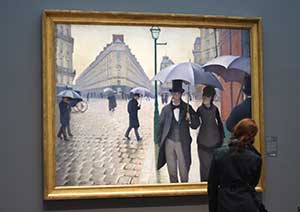London Dairies
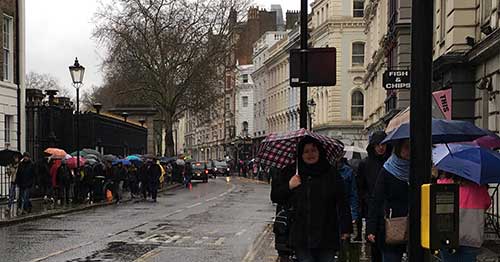
Art speaks a universal language. Right? So, here’s a question to think about: How does art create community? I thought about this question as I waited in huge lines with people from all over the world. Or as I tried to squish up close to a Van Gogh work.
Although I couldn’t speak the same language as my fellow art enthusiasts, we connected. (Because everyone speaks “iPhone.”) So, we crossed language barriers to snap each other’s photos in front of famous paintings or landmarks. Then, suddenly, we all became multi-lingual when it came time to say “Thank you.”
Thank you. Thank you.
Merci. Merci.
Grazie. Grazie.
Arigato. Arigato.
Art united us. Art brought us into community. How has art helped you to cross divides and experience community with your global neighbors? Or maybe just connecting with the guy next door?

